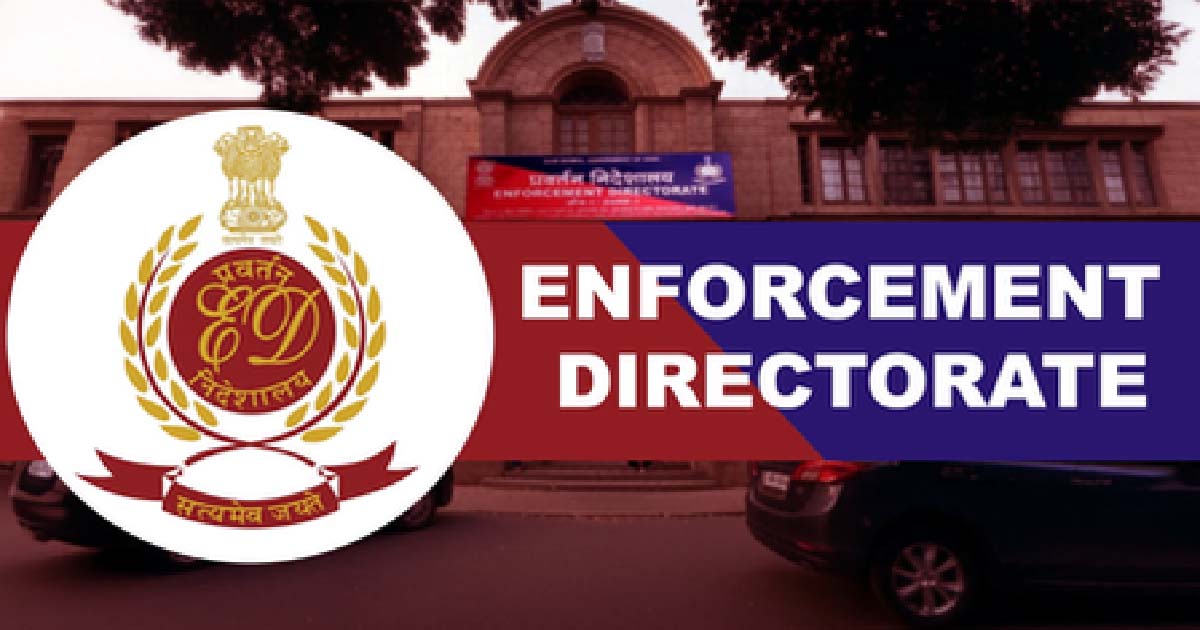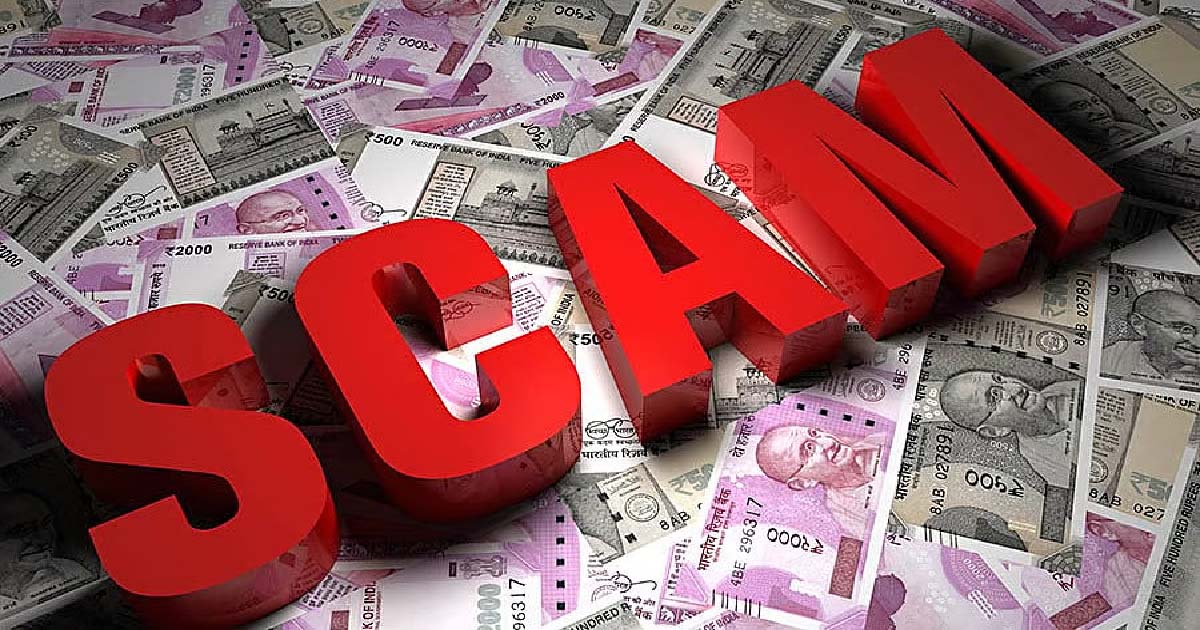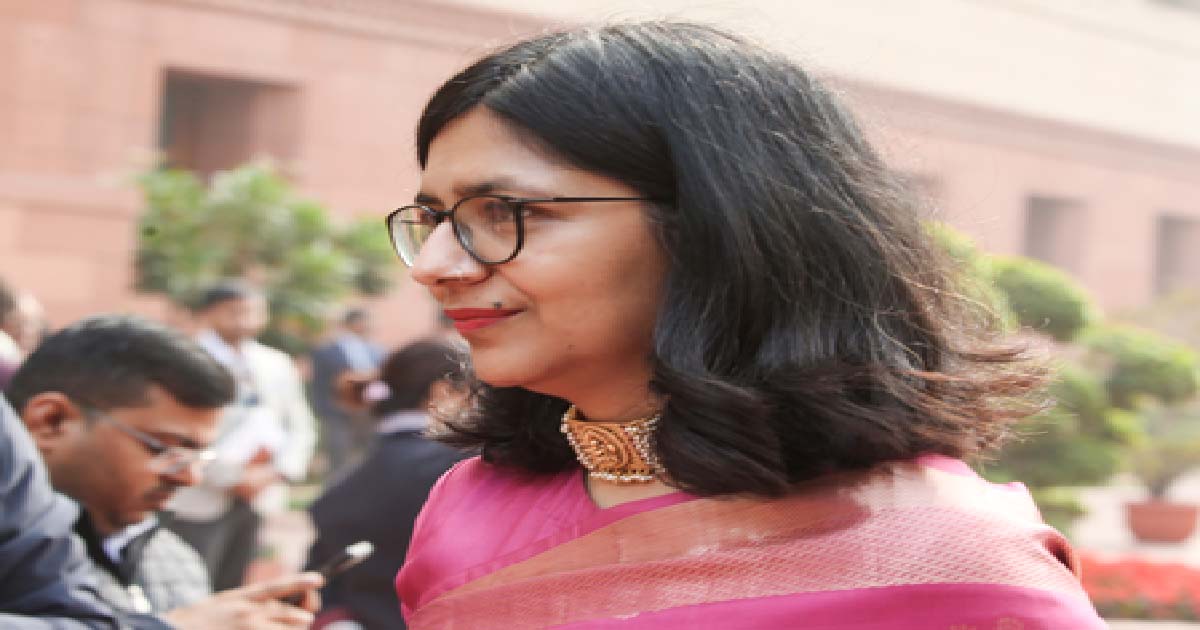National News
‘Draconian, Fundamental Attack On Constitution’: Opposition Slams Introduction Of Waqf (Amendment) Bill In Lok Sabha

After Union Minority Affairs Minister Kiren Rijiju introduced a bill to amend the law governing Waqf boards on Thursday, the Opposition called the move “draconian and a fundamental attack on the Constitution.”
Congress leader KC Venugopal while speaking in the Parliament alleged that the bill would create religious division between communities. “This bill is a fundamental attack on the Constitution. Through this bill, the government is trying to put in a provision that non-Muslims will also be members of the Waqf governing council.”
Venugopal further slammed the Centre calling the bill a “direct attack on freedom of religion.” He said, “Now next will be Christians and Jains…Indians will not buy this kind of divisive politics now.”
He alleged that the bill has been introduced in the house in the wake of the Assembly elections in Maharashtra and Haryana. “We are Hindus, but, we respect every religion. This bill, which has been introduced today, is specialised for the Maharashtra and Haryana Assembly elections…this is an attack on the federal system,”
However, Union Minister Pralhad Joshi said that the central government is not targeting anyone by bringing amendments to the Waqf Board Act and added that the opposition parties want to “only create an atmosphere.”
“We are not targeting anyone. They (Opposition) want to only create an atmosphere. Our minister will explain in detail when he introduces the bill. They want to misguide some people in the community. They are trying to tarnish the image of India. We are one of the best democracies in the world,” said Pralhad Joshi.
Here is all you need to know about the legislation:
The Waqf (Amendment) Bill, 2024 was introduced on Thursday in the Lok Sabha to amend the Waqf Act, 1995. The bill seeks to “effectively address issues” related to the powers of the State Waqf Boards, registration and survey of waqf properties and removal of encroachments.
The Waqf (Amendment) Bill, 2024, Waqf Act provides for the renaming of the Waqf Act, 1995, as the Unified Waqf Management, Empowerment, Efficiency and Development Act, 1995.
It seeks to clearly define “waqf” as waqf by any person practising Islam for at least five years and having ownership of such property and ensure that the creation of Waqf-alal-aulad does not lead to the denial of inheritance rights to women.
It also seeks to omit the provisions relating to the “waqf by user”, provide the functions of the Survey Commissioner to the Collector or any other officer not below the rank of Deputy Collector duly nominated by the Collector for the survey of waqf properties, provide for a broad-based composition of the Central Waqf Council and the State Waqf Boards and ensure representation of Muslim women and non-Muslims.
It provides for the representation of Shia, Sunni, Bohra, Agakhani and other backward classes among Muslim communities, streamlining the manner of registration of waqfs through a central portal and database and providing for a detailed procedure for mutation as per revenue laws with due notice to all concerned before recording any property as waqf property.
The bill further seeks to omit section 40 relating to the powers of the Board to decide if a property is waqf property, provide for filing of accounts of waqf by mutawallis to the Board through a central portal for better control over their activities, reform the Tribunal structure with two members and provide for appeals against the orders of the Tribunal to the High Court within a specified period of ninety days.
Crime
Dehradun: ED files chargesheet against drug lord’s wife

Dehradun, Dec 29: Presenting fresh evidence, the ED filed a third chargesheet before a Special Court (PMLA), Dehradun, naming the wife of a member of an international drug trafficking organisation in a case related to illegal assets, an official said.
Amarpreet Kaur Chawla, wife of Banmeet Singh, was named in the fresh set of charges filed on December 24 in the Special Court (PMLA), the official said in a statement.
During the investigation, the ED detected that many of the immovable properties bought by the drug trafficking organisation with Proceeds of Crime (POC) were registered in Amanpreet Kaur’s name.
“Based upon these findings, the ED has also issued a Provisional Attachment Order in this case for assets totalling Rs 9.68 crore on July 18, 2024, under the provisions of PMLA, 2002,” said the ED statement.
The ED initiated an investigation based on the Mutual Legal Assistance request by the US authorities invoking a unique provision of section 2(ra) of PMLA, 2002, implying an offence of cross-border implications.
The scheduled offences correspond to the NDPS Act. Two brothers, Banmeet Singh and Parvinder Singh, along with others, were operating an international drug trafficking group named the Singh DTO (Drug Trafficking Organisation).
“They used vendor marketing sites on the dark web, numerous free advertisements on clear web websites, and a network of narcotics and controlled substance distributors and distribution cells to sell drugs in the US, the UK and other European countries,” the ED said.
The Singh Organisation received the drug trafficking proceeds through sale on dark web markets, then laundered those proceeds through cryptocurrency transactions, the ED said.
Both brothers used monikers “Liston” on a variety of dark web markets, including Silk Road 1, Alpha Bay and Hansa, the ED said.
Till now, the ED in the earlier searches, seized 268.22 Bitcoins (approx.), equivalent to the value of Rs 130 crore, based on the information provided by Parvinder Singh, who is currently in judicial custody along with his brother.
Earlier, the ED filed Prosecution Complaints against the main accused Parvinder Singh and Banmeet Singh on June 24, 2024 and July 26, 2024, on which the Special Court (PMLA), Dehradun, has already taken cognisance on July 2, 2024 and July 27, 2024, respectively.
The Court has already framed the charges against Banmeet Singh through its order dated March 22, 2025.
Crime
Navi Mumbai Crime: 34-Year-Old Man Duped Of ₹32 Lakh In JNPT Job Scam; One Booked

Thane: A 34-year-old man from Navi Mumbai was allegedly cheated of Rs 32 lakh with a promise of a job at the Jawaharlal Nehru Port Trust (JNPT), police said on Monday.
The Vashi police have registered a case against Rishabh Rajesh Mhatre, a resident of Uran, under sections 318(4) (cheating) and 336(3) (forgery) of the Bharatiya Nyaya Sanhita (BNS), an official said.
He said that the fraud occurred between March and December 2024 when the alleged accused lured the complainant, a resident of Ulwe, with an offer for the post of “Export Assistant Manager” at JNPT, and created and presented forged documents related to the recruitment process.
Over several months, the complainant was coerced into paying a total of Rs 32 lakh in instalments, and the complainant realised he had been duped when the job did not materialise, the official said.
No arrest has been made so far, and a probe is underway, he added.
Crime
‘This intervention sends a strong message’: Swati Maliwal welcomes SC’s decision staying suspension of Sengar’s sentence

New Delhi, Dec 29: AAP Rajya Sabha member Swati Maliwal on Monday welcomed the Supreme Court’s decision to stay the operation of the Delhi High Court order that had suspended the life sentence and granted bail to expelled BJP leader Kuldeep Singh Sengar in the 2017 Unnao rape case, stating that the intervention sends a strong message that crimes against women and children will not be treated lightly.
Taking to social media platform X, Maliwal said: “Welcome the decision of the Hon’ble Supreme Court staying the High Court order granting bail and suspending the sentence of convicted MLA Kuldeep Sengar.”
“In a case marked by extreme brutality against a minor, justice must be uncompromising. This intervention sends a strong message that crimes against women and children will not be treated lightly,” she added.
In its order, a three-judge Supreme Court bench said: “We are conscious of the fact that when a convict or an undertrial has been released, such orders are not ordinarily stayed by this court without hearing such persons. But in view of peculiar facts, where the convict is also convicted for a separate offence, we stay the operation of the Delhi High Court.”
The bench, led by Chief Justice of India (CJI) Surya Kant and comprising Justices J.K. Maheshwari and Augustine George Masih, issued notice to Sengar in the Central Bureau of Investigation’s (CBI) plea and directed that a counter-affidavit be filed within four weeks.
The apex court clarified that Sengar will not be released pursuant to the impugned Delhi High Court’s order.
The CJI-led Bench agreed to examine the submission of Solicitor General (SG) Tushar Mehta, who argued that the Delhi High Court’s interpretation would mean a police constable could be treated as a “public servant” under the Protection of Children from Sexual Offences (POCSO) Act, while a member of the legislature would stand excluded.
Appearing for the CBI, SG Mehta said the Delhi High Court “erred” in concluding that a legislator would not fall within the category of a “public servant” for the award of sentence.
Placing on record the trial court’s conviction order, the Centre’s second-highest law officer highlighted that the victim was below 16 years of age — approximately 15 years and 10 months — at the time the offence of rape was committed on her.
-

 Crime3 years ago
Crime3 years agoClass 10 student jumps to death in Jaipur
-

 Maharashtra1 year ago
Maharashtra1 year agoMumbai Local Train Update: Central Railway’s New Timetable Comes Into Effect; Check Full List Of Revised Timings & Stations
-

 Maharashtra1 year ago
Maharashtra1 year agoMumbai To Go Toll-Free Tonight! Maharashtra Govt Announces Complete Toll Waiver For Light Motor Vehicles At All 5 Entry Points Of City
-

 Maharashtra1 year ago
Maharashtra1 year agoFalse photo of Imtiaz Jaleel’s rally, exposing the fooling conspiracy
-

 National News1 year ago
National News1 year agoMinistry of Railways rolls out Special Drive 4.0 with focus on digitisation, cleanliness, inclusiveness and grievance redressal
-

 Maharashtra1 year ago
Maharashtra1 year agoMaharashtra Elections 2024: Mumbai Metro & BEST Services Extended Till Midnight On Voting Day
-

 National News1 year ago
National News1 year agoJ&K: 4 Jawans Killed, 28 Injured After Bus Carrying BSF Personnel For Poll Duty Falls Into Gorge In Budgam; Terrifying Visuals Surface
-

 Crime1 year ago
Crime1 year agoBaba Siddique Murder: Mumbai Police Unable To Get Lawrence Bishnoi Custody Due To Home Ministry Order, Says Report












